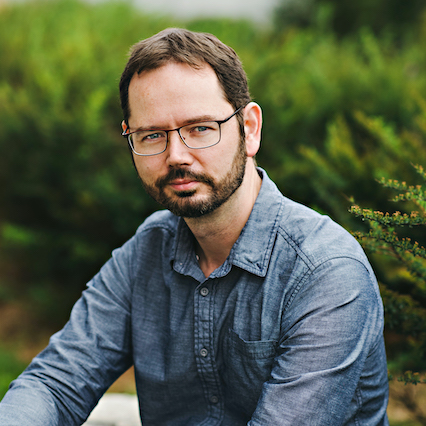Mark Crowley

My research seeks dependable and transparent ways to augment human decision making in complex domains in the presence of many agents, spatial structure, or uncertainty. My focus is on developing new algorithms within the fields of Reinforcement Learning, Deep Learning and Ensemble Methods, and Manifold Learning (Dimensionality Reduction) as well as other Research Topics. I often work in collaboration with researchers in applied fields such as Computational Sustainability (including Sustainable Forest Management, Autonomous Driving, AI for Science and Medical Imaging. Read more about me in my bio.
Mark Crowley is an Associate Professor in the Department of Electrical and Computer Engineering at the University of Waterloo (also cross-appointed in the Cheriton School of Computer Science). He is a member of the Waterloo Artificial Intelligence Institute (WAII), the Waterloo Institute for Complexity and Innovation (WICI) and is National Secretary of the Canadian Artificial Intelligence Association (CAIAC) which coordinates the yearly organization of the Canadian Conference on AI. He and his students carry out research into single-agent and multi-agent Reinforcement Learning large-scale 2D/3D image-like processing, and manifold learning/dimensionality reduction. Some of this research is motivated by theoretical opportunities, particularly in manifold learning and multi-agent reinforcement learning. But most of the work flows out of challenges raised by real-world domains including forest fire management, the automotive domain, medical imaging, and digital chemistry/material design.
I’m always happy to talk to people about my research, or the impact of AI/ML/RL on our world and its role in our society in the future, but I do not take on many incoming students, so potential students should read this note about joining my lab.
Besides my publications, you can find my thoughts on Artificial Intelligence, Machine Learning and how technology and science are advancing on my blog Computationally Thinking (updated intermittently) or through social media as @compthink on Twitter(at least for now) or increasingly, on Mastodon. I’m always happy to talk to people about my research, or the impact of AI/ML/RL on our world and its role in our society in the future.
recent news
| Feb 21, 2025 |
PhD Defense of Shayan Shirahmadi Gale Bagi |
|---|---|
| Dec 20, 2024 |
MASc Thesis of Oleksandra Nahorna |
 ORC-ID
ORC-ID